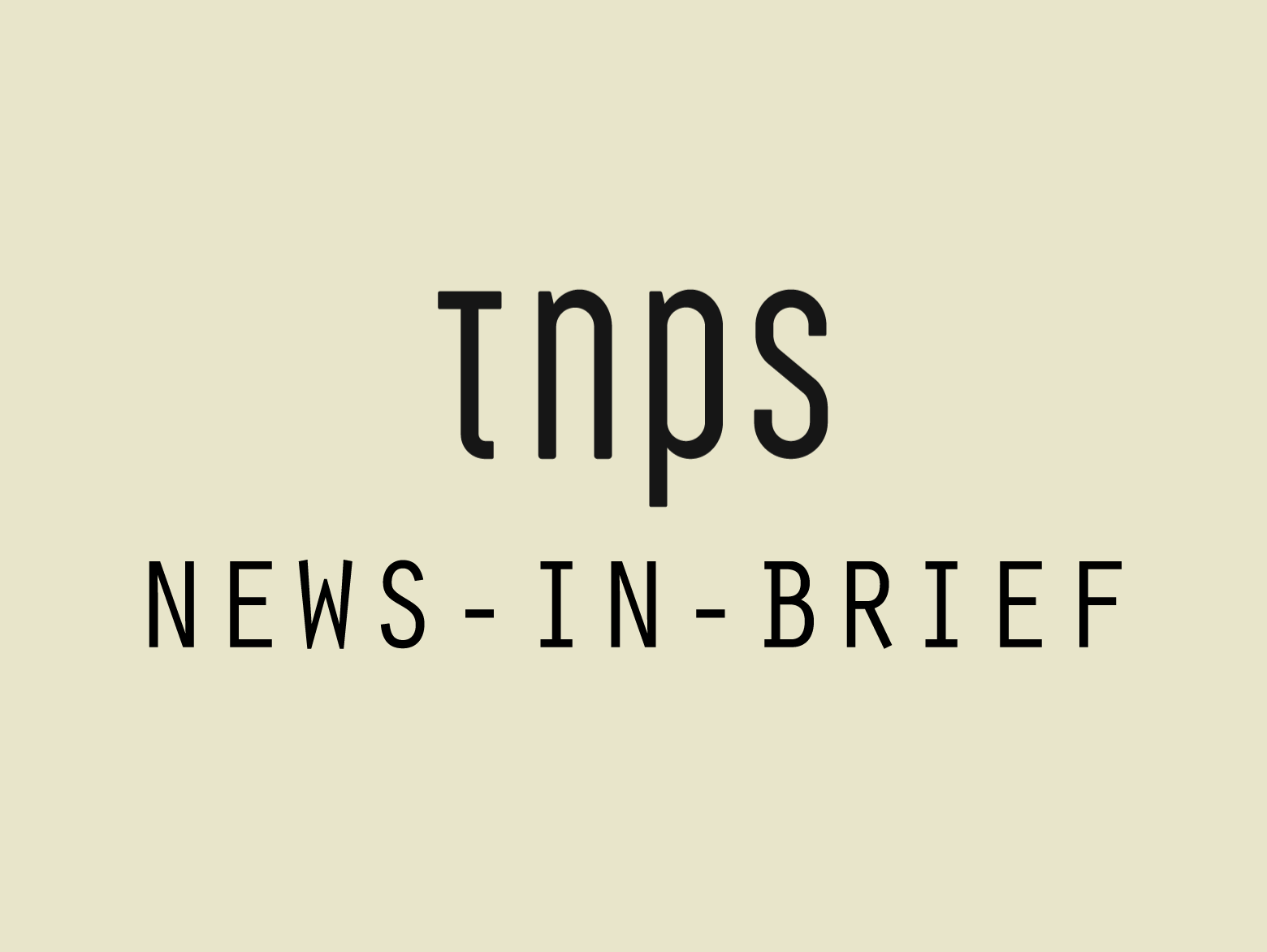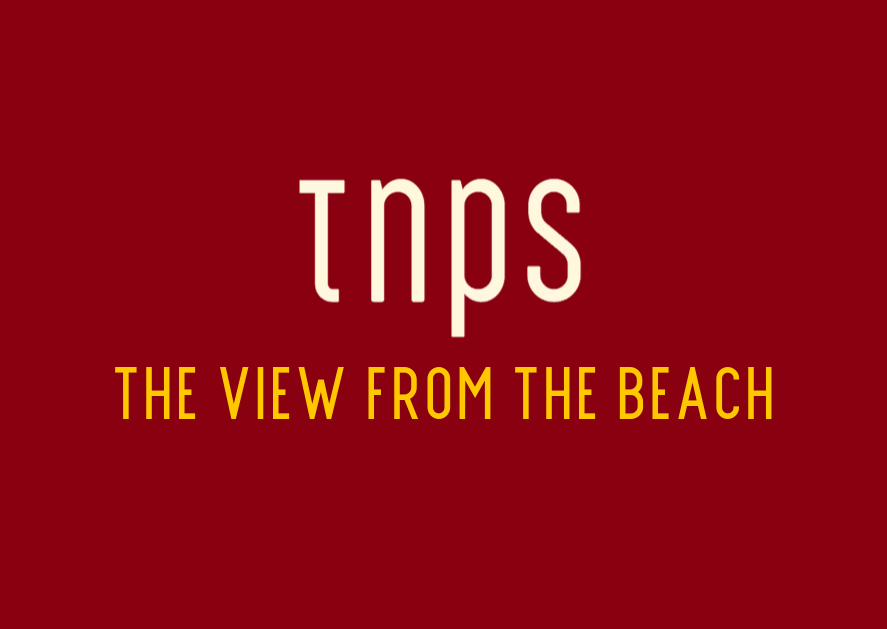Markus, that deadline is almost up. If you wish, I can get the kids at school to make you a The End Is Nigh sandwich board so you can walk the streets of Manhattan outside PRH like Bruce Willis in Die Hard Whatever-Number-It-Was, and remind everyone just how dumb you were.
It was in July 2014 that Amazon announced to the world it was going to expand its Kindle ebook store with an optional all-you-can-eat subscription option. How the industry laughed!
This was PRH UK’s then CEO Tom Weldon in 2014:
“We have two problems with subscription. We are not convinced it is what readers want. ‘Eat everything you can’ isn’t a reader’s mindset. In music or film you might want 10,000 songs or films, but I don’t think you want 10,000 books.”
Per The Bookseller at the time, Weldon explained that PRH did not “understand the business model” but conceded it could work “in certain markets around the world in emerging economies where access to books and bookshops is extremely limited“.
And that, folks, is why Tom Weldon is still PRH UK CEO ten years later. Because the PRH US law court debacle in 2022 that saw PRH’s top talent walk away, and PRH’s less-than-top-talent CEO Markus Dohle resign in embarrassment, sadly did not extend to sweeping away the UK deadwood when Nihar Malaviya sat on the Emperor’s vacated throne.
Let’s hear that again from Weldon in 2014: We don’t “understand the business model” but maybe it could work “in certain markets around the world in emerging economies where access to books and bookshops is extremely limited“.
In other words, Weldon, hand-in-hand with Chief Executive Dinosaur Markus Dohle, were happy for unlimited subscription to play out in the markets Dohle couldn’t care less about, but no way was PRH going to support the idea in the mature markets.
And so it came to pass. Kindle Unlimited, the eat-all-you-can ebook subscription option only available in developed countries like the US, UK, Germany, etc, completely failed to capture the public’s interest, and authors and publishers received sweet FA from it. In Tom Weldon’s dreams.
Great call, Tom! You win gold in the 2024 Getting It Soooo Wrong Olympics. In the ten years since Kindle Unlimited launch, authors have pocket over three billion dollars in subscription royalties. And that’s just the self-publishers!
Mainstream publishers that participated, including Pottermore, have pocketed an unknown further sum, as have Amazon’s APub authors, while the PRH leadership played games with author livelihoods.
Dohle, and Weldon dissed the subscription model at every opportunity, keeping all PRH authors out of the loop, in what Dohle expected to be a self-fulfilling prophecy. Big publishers would keep their books out of subscription and therefore the subscription model would fail, proving him right.
When that did work, Dohle resorted to disinformation and subterfuge.
In 2022, while in Court in the US trying to pull the wool over a Judge’s eyes, Dohle was in full f**k-subscription mode, flying the never-subscription flag high.
In a super-soft interrogation by The Bookseller’s Philip Jones in late 2021 Dohle had solemnly explained: “When it comes to subscription, I am convinced that in the long run it is not good for author income, it is not good for retail.”
Dohle ranted: “Look at these investments this week: big bucks flowing into the United States publishing industry, Storytel and Spotify entering the scene. We have a very clear view on this: it’s not good for authors, it’s not good for retail, it’s not good at creating the future of books and long-form reading for generations to come, and we continue to apply that to our strategy. We are talking to agents and authors about this and more and more people agree with us. We will see how this unfolds, whether readers at large will adopt those kinds of models. The future will show [the verdict], ultimately the reader will decide.”
And of course Dohle made sure the readers decided in his favour by pulling all titles from subscription so readers could not download them, thus proving no-one wanted them.
The rant against the Spotify and Storytel deals, total value $257 million, came just as Dohle’s company, based in Germany, which last time I looked was not very far from Sweden, and nowhere near the USA, was trying to buy Simon & Schuster for $2.175 billion.

That deal fell through, of course, despite Dohle’s callous lies to the judge asserting that if subscription prevailed the publishing industry would be destroyed in just three years!
Markus, that deadline is almost up. If you wish, I can get the kids at school to make you a The End Is Nigh sandwich board so you can walk the streets of Manhattan outside PRH like Bruce Willis in Die Hard Whatever-Number-It-Was, and remind everyone just how dumb you were.
Dohle’s blind obsession with expansion by acquisition instead of expansion by growing market reach, cost parent company Bertelsmann $200 million in pull-out fees and likely much more than $75 million in legal fees, to end up with absolutely nothing but red faces all round. No wonder Dohle was gone just weeks later. And not a moment too soon.
And in no time at all the new PRH CEO, Nihar Malaviya, was putting audiobooks into the Spotify subscription service, reversing a decade of anti-subscription policy paraded by Dohle as in the best interests of the industry, and so far with impressive results.
No-one is expecting Malaviya to put PRH ebooks in Kindle Unlimited, because KU, as it is known, is owned by Amazon. But the precedent has been set. The Dohle Doctrine is history, and we can expect PRH to investigate options in other ebook subscription services not owned by Amazon.
Malaviya will be looking on enviously at the $3 billion plus paid out to self-published authors over the past ten years by Amazon, and PRH authors will be asking themselves if maybe they’ve been missing out over those said years thanks to the Dohle blinkers.
Other Big 5 publishers do dabble with KU, and it’s not beyond the realms of possibility one or more might break ranks and embrace KU on a larger scale.
Because that $3 billion is not the total payout to KU authors and publishers, just the pot payout to self-publishers. Participating “proper” publishers get “proper” known-in-advance fixed-rate payouts per download as if a traditional sale. We don’t know how much more KU brought to Amazon, or how much more APub authors and other participating publishers took home, but we can safely say it dwarfs the $3.5 billion we do know of.
Unlike self-published authors, mainstream publishers aren’t stung with the pernicious exclusivity rule that means self-published authors can not sell the same title in KU and on a rival platform. But top-selling KU indie authors aren’t too bothered, because the pain of exclusivity is sweetened by the “All-Stars” bonus payouts, that take the total Kindle Unlimited payout-out over the past ten years from $3.045 billion in regular pot payouts to $3.5 billion.
Now $3.5 billion over ten years is “only” $350 million a year, or $29 million a month. Not to be sneezed at, of course, but this doesn’t tell the real story, because the payout is increasing pretty much every month, and shows no sign of stopping.
Back in July 2014, the first KU payout was $2.5 million – an enormous sum at the time – and the first year payout totalled $89.15 million.
Each year since, the annual payout has risen steadily.
July 2015-June 2016 $163.4 million
July 2016-June 2017 $202.5 million
July 2017-June 2018 $244.7 million
July 2018-June 2019 $286.3 million
July 2019-June 2020 $334.8 million
July 2020-June 2021 $410.6 million
July 2021-June 2022 $488.5 million
July 2022-June 2023 $503.9 million
July 2023-June 2024 $607.6 million
That’s an increase of over 680%.
Fast forward July 2024 as KU starts its eleventh year, and the monthly payout has reached over $50 million, and per past TNPS analysis the year 2024 is likely to see KU pay out more than $635 million, just to self-published authors and small presses.
And here’s a thought to wind up with. On current trends, Kindle Unlimited will mark its 16th birthday in 2030 having paid out over $6 billion to self-published authors and small presses.
But don’t tell Markus Dohle. He still thinks digital is 20% of the market. And they do say it’s dangerous to wake up sleep-walkers.
This post first appeared in the TNPS LinkedIn newsletter.




